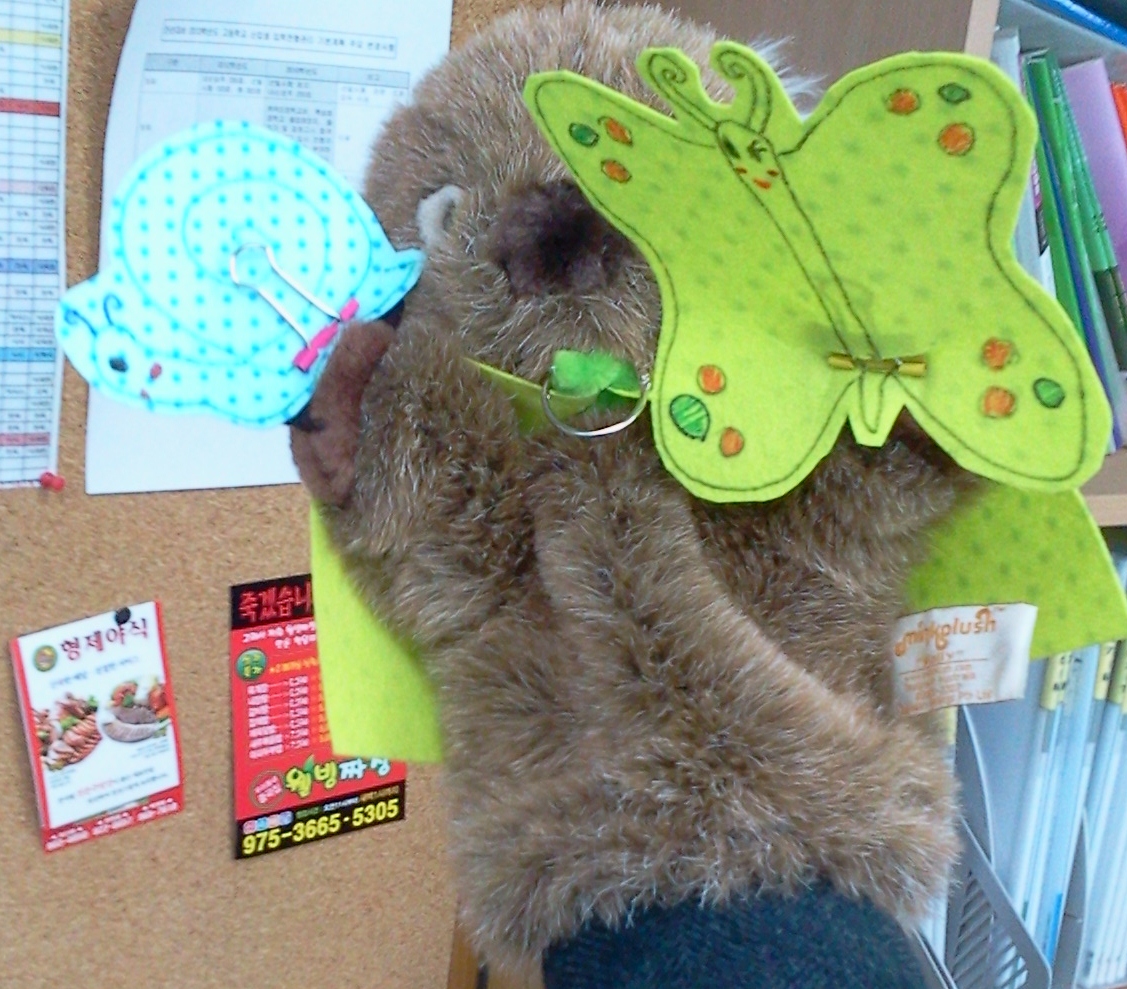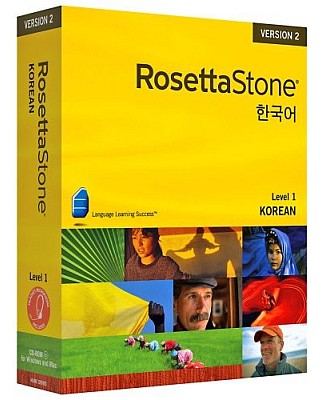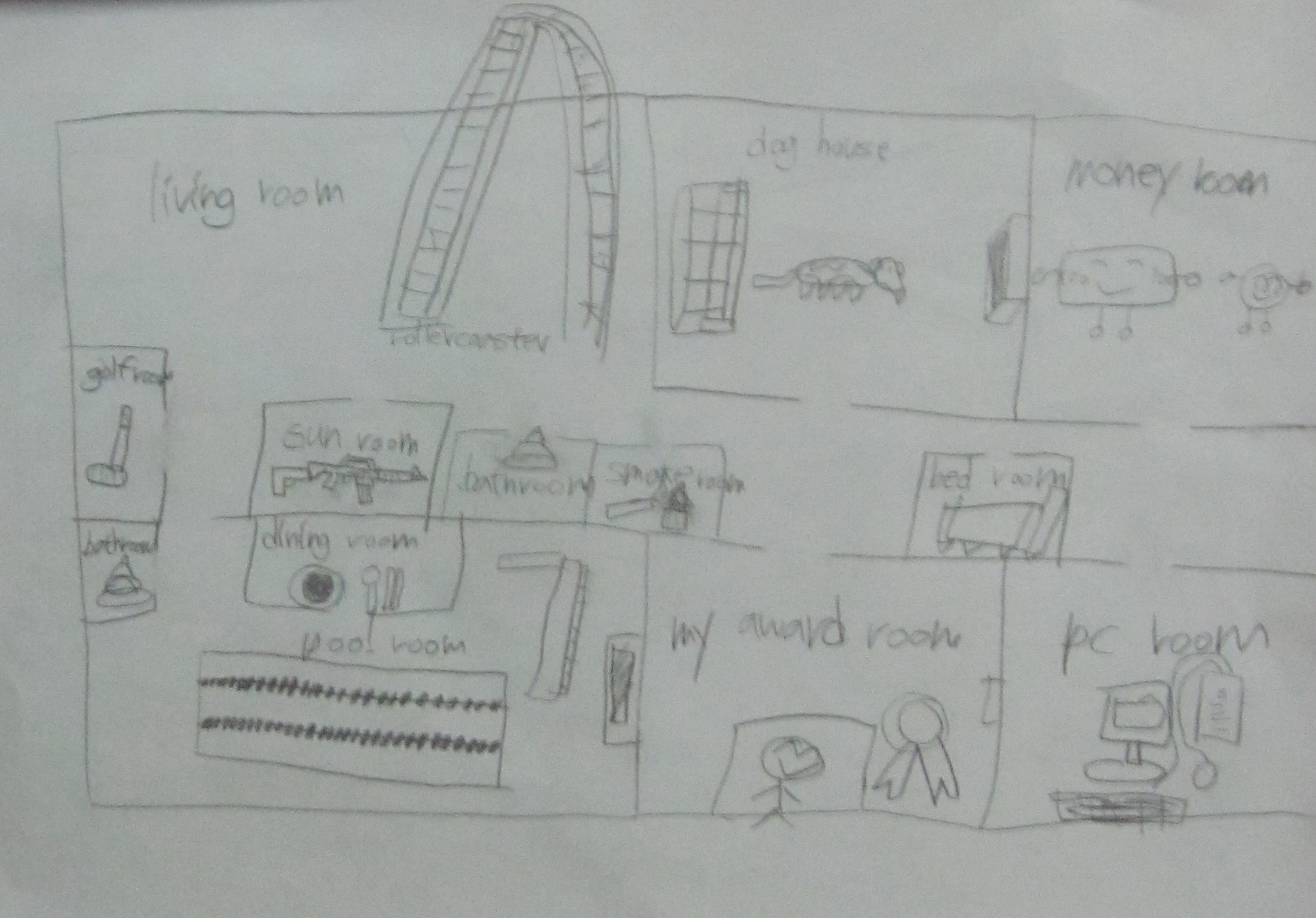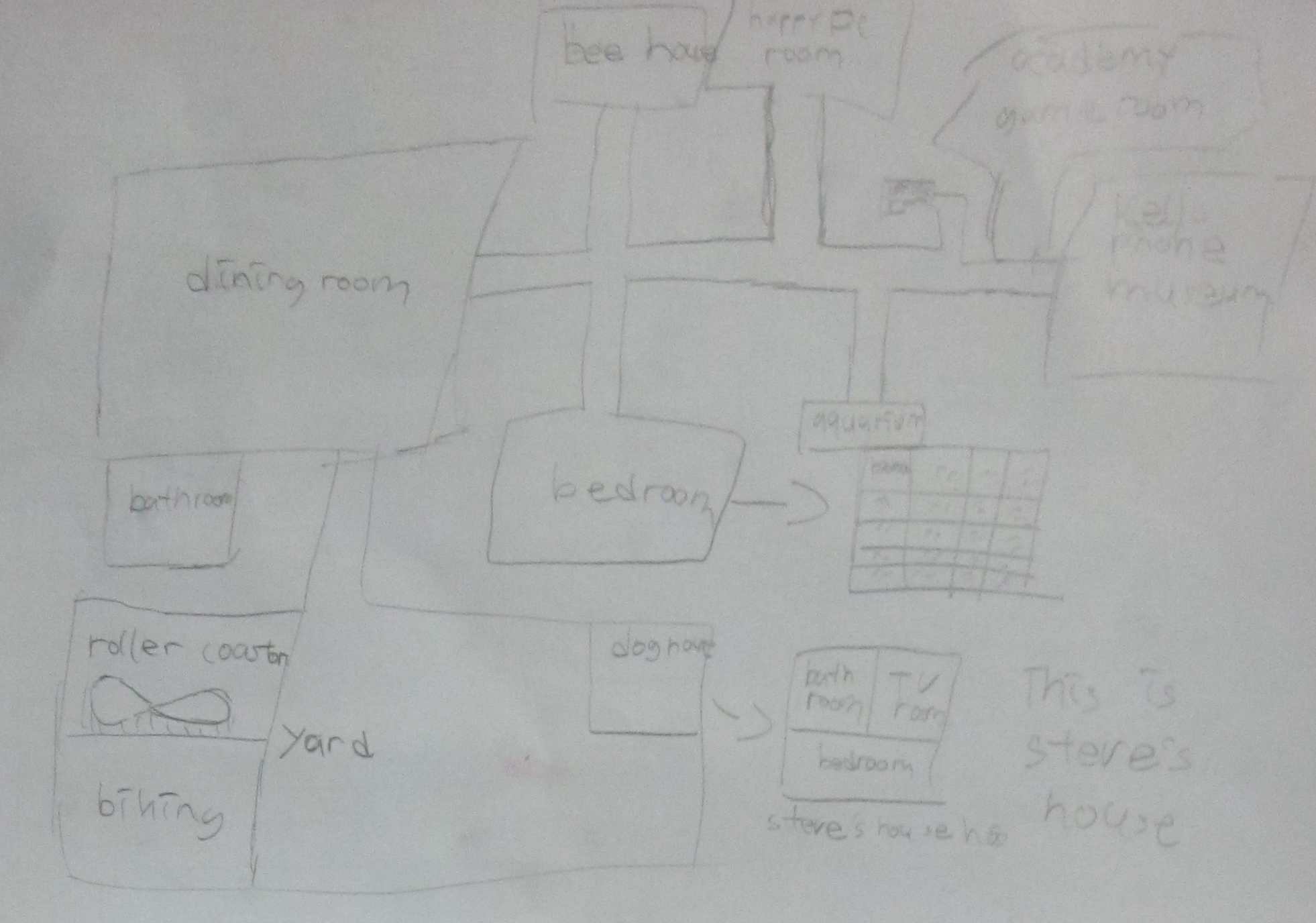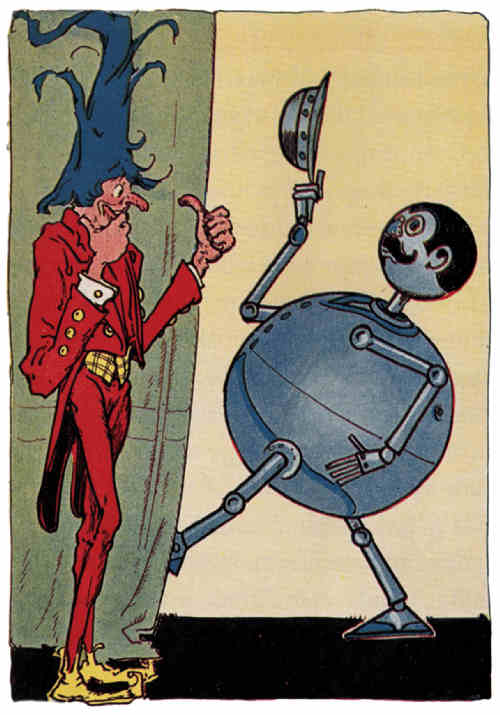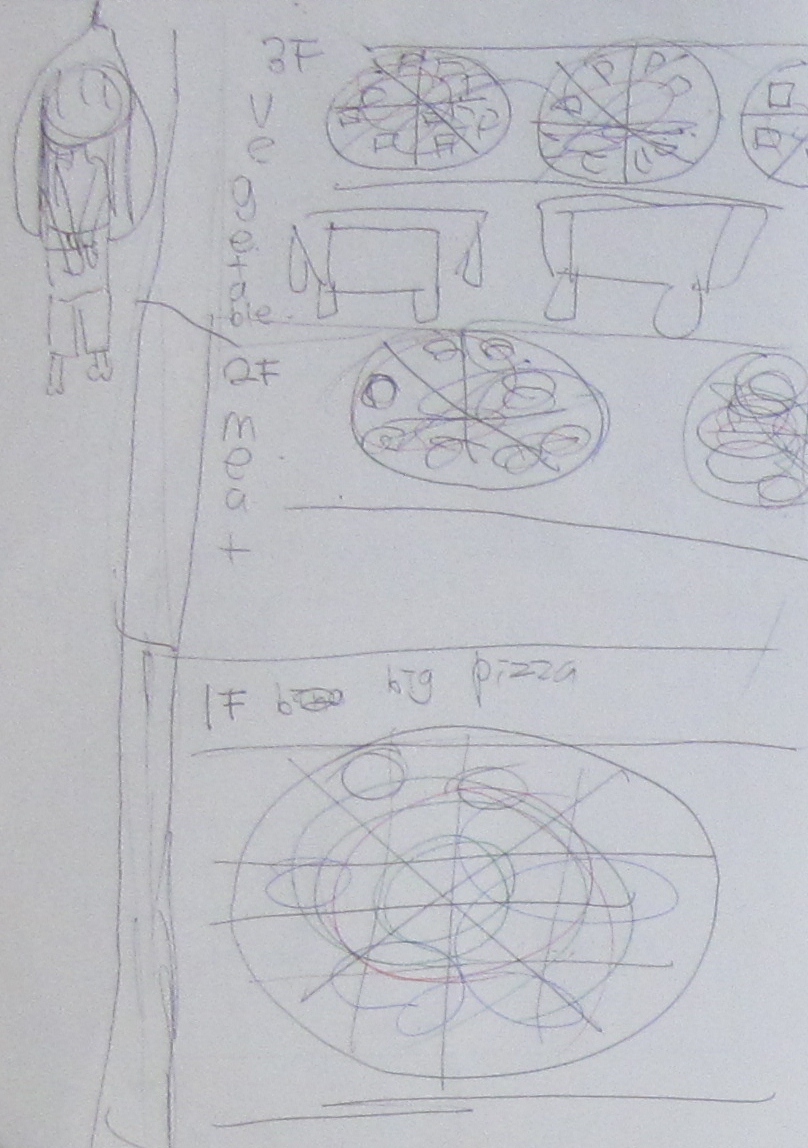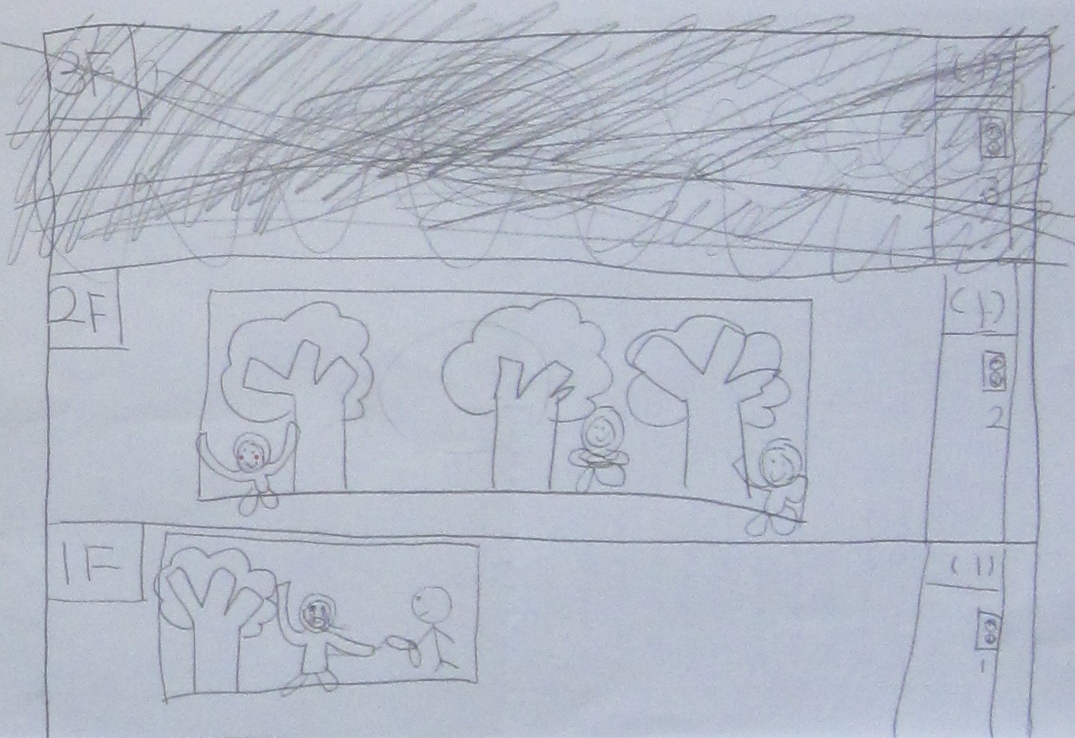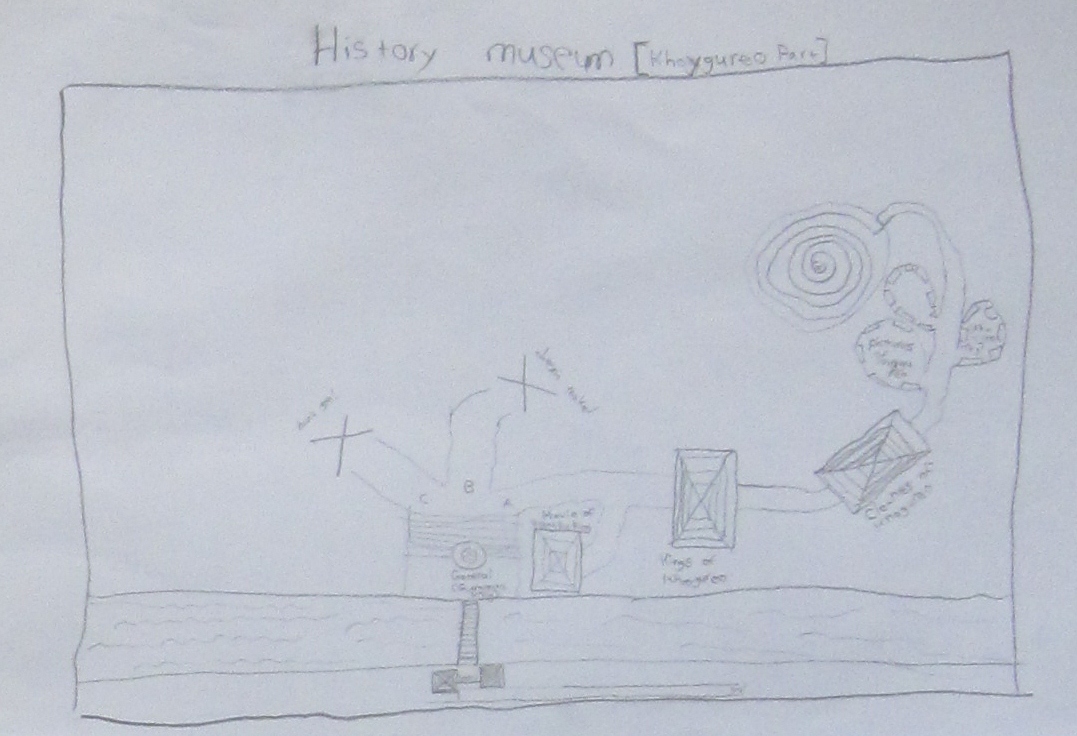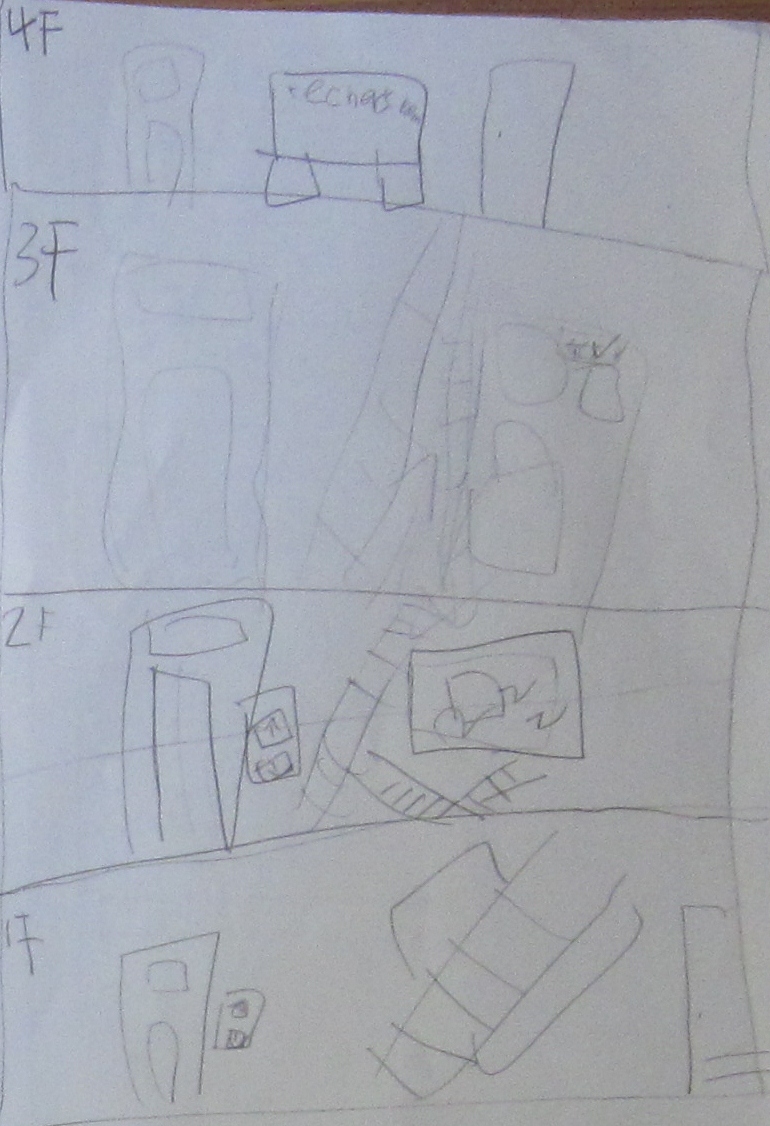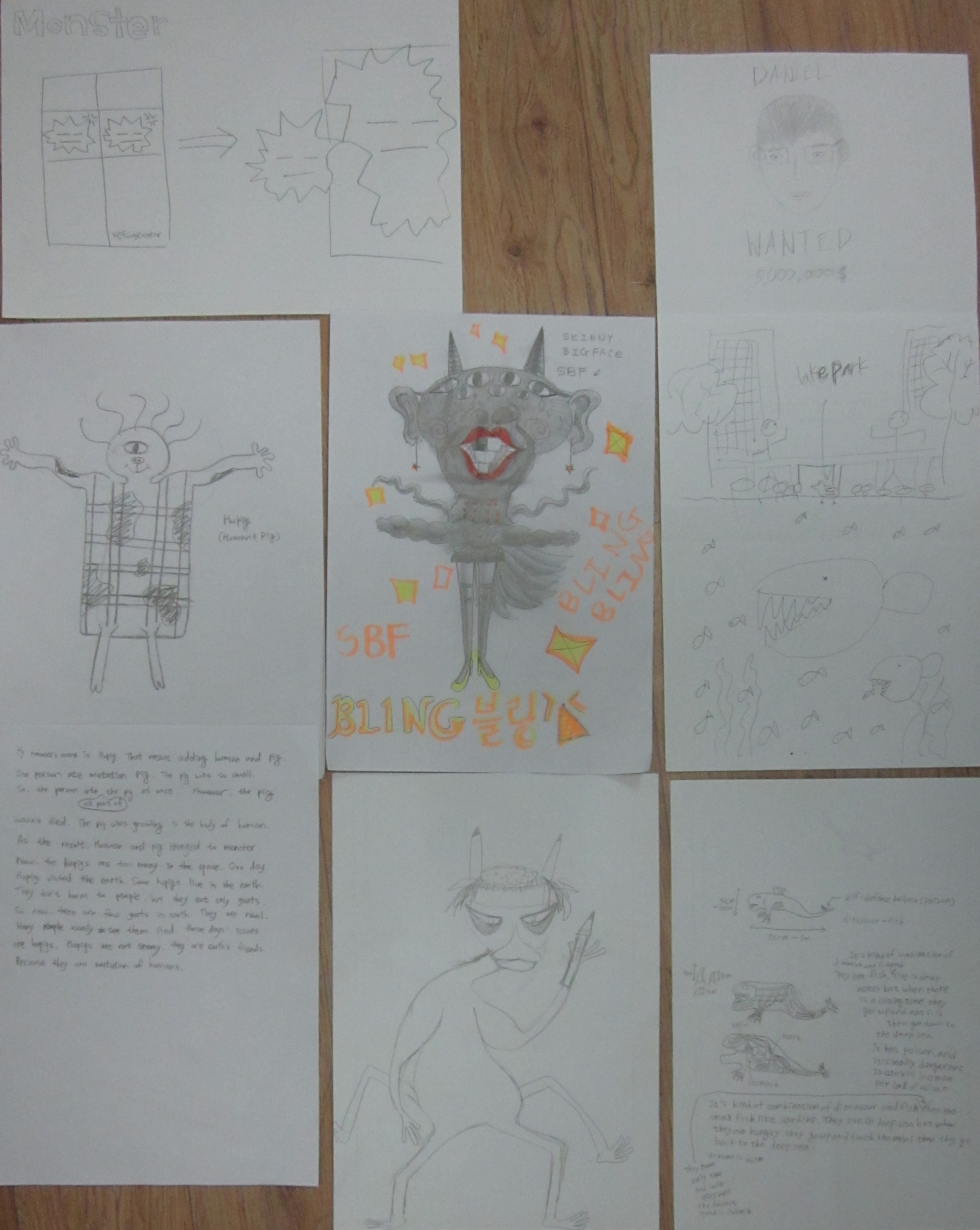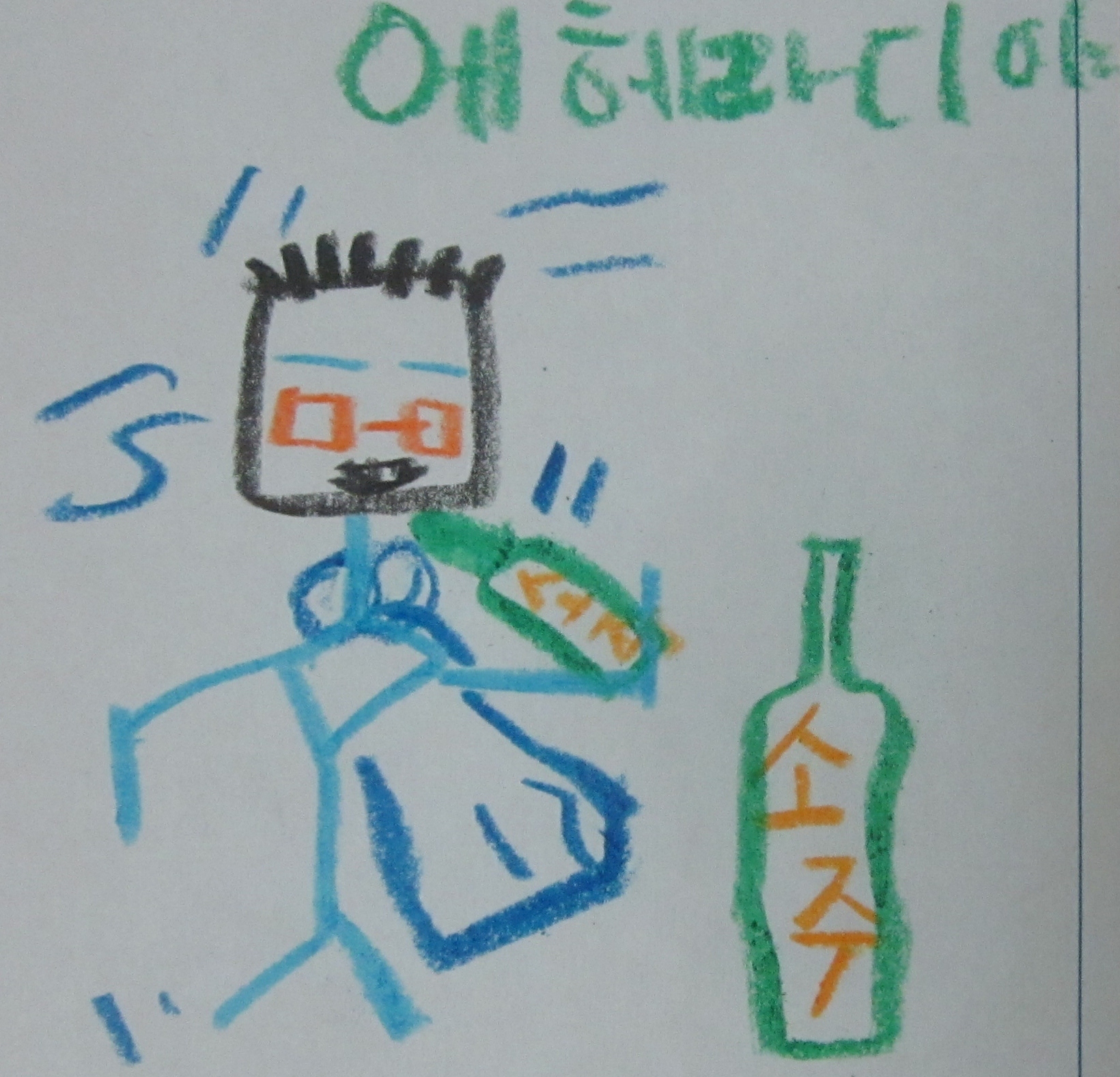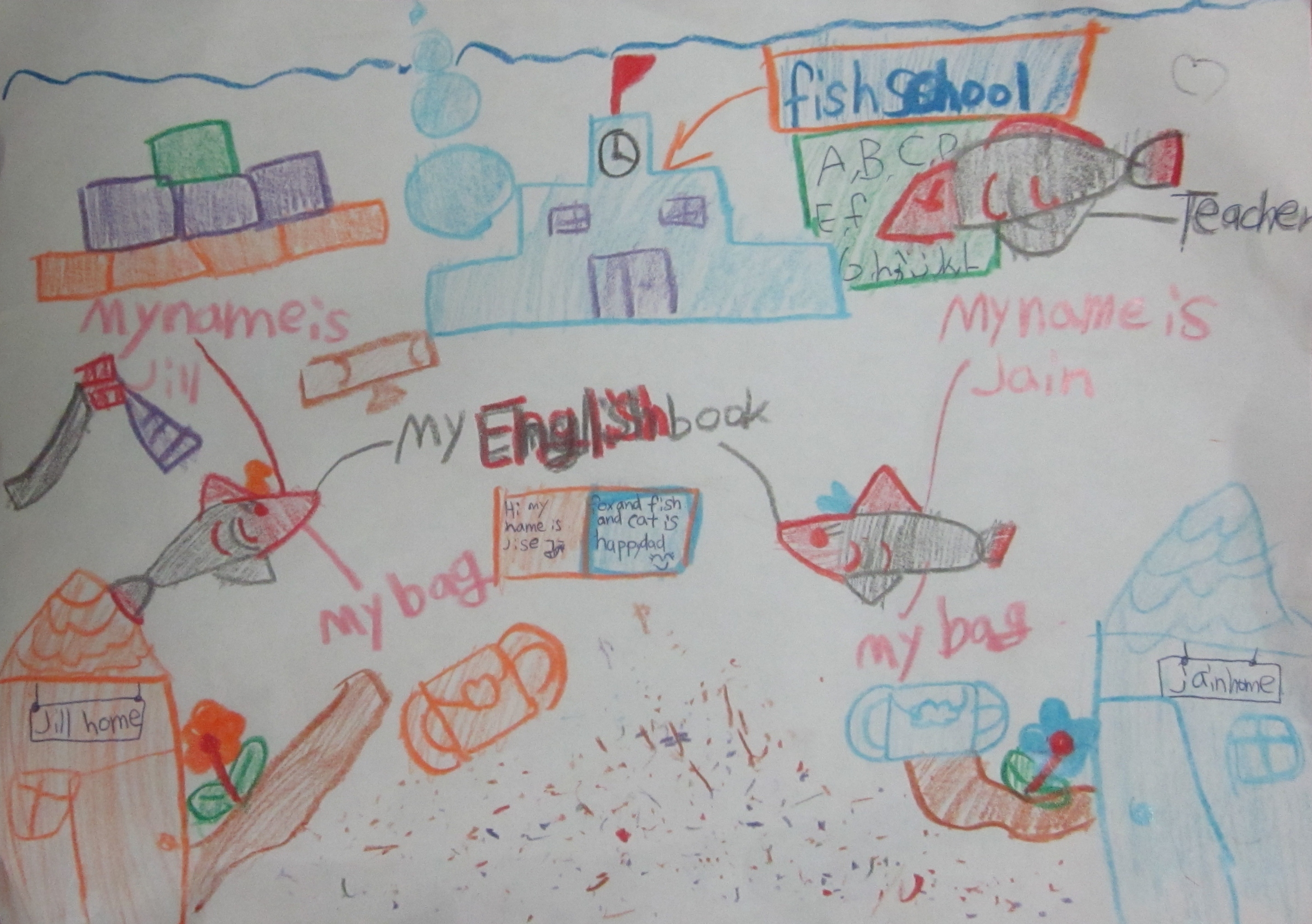I frequently have "if I ran the hagwon" fantasies. And I'll admit, I've been somewhat disappointed in the putative "curriculum development" aspect of my job description – both due to my own failings and and due to the lack of genuine opportunities offered to do so. The constraints on what I can do about the curriculum at "KarmaPlus" are even more constrained than under pre-merger Karma, tool
But I still think about it a lot. Lately I've been thinking, especially, about what might be characterized as the "fun vs work" dichotomy in parental expectations.
Some parents send their kids to hagwon with the primary intention that it be mostly "fun" or that it be educational but not, per se, stressful or hard work. I'm speaking, here, mostly about elementary-age students. At middle school and high school levels, the situation is substantially different, at least here in Korea. It's mostly about raising test scores, at those levels. But at elementary levels, it's definitely the case that many parents aren't looking for an academically rigorous experience so much as a kind of enriched after-school day care.
But then there are the parents already looking for the hagwon to inculcate discipline and hard work habits and raise test scores, even at the lower grades. They get angry and feel they're not getting their money's worth when their kids don't have a lot of homework, for example.
This creates a dilemma in managing the hagwon, because you have kids from both groups side-by-side in your classroom, and you have to be aware of that. I have exactly this, every day: Kid A and Kid B didn't do their homework. Sometimes, when kids haven't done their homework, we have a custom of making the kids "stay late" (after the end of their particular schedule of classes) to finish their homework or do some kind of extra work to make up for the missed homework. And the problem becomes manifest when Kid A's mom complains that we're not making her stay often enough, while Kid B's mom complains that we're making her stay at all. You can see the conflict, right? It creates inequalities in how we treat different students in the classroom, that eventually the students themselves become aware of. And that leads to complaints or classroom management issues, too. Eventually, there comes a moment when Kid A is asking me why I'm not making Kid B stay. I can't really come out and say, "well, her mom complains when I make her stay, but your mom complains when I don't make you stay."
So earlier today, after my morning debate class and waiting for a middle schooler to come see me about a missed debate speech test, I began daydreaming a solution. Here's how I think it should be solved.
The hagwon should have two parallel "tracks" – a "fun" English and an "un-fun" English. Tentatively, because it's marketing gold, I would call these "Athens" track and "Sparta" track.
The Sparta track would be about what we have now: lots of grammar, daily vocabulary tests, long, boring listening dictation work, etc. The Athens track would be my "dream curriculum" with arts, crafts, cultural content, karaoke, etc. There would be some shared or "crossover" classes, like maybe a debate program for the advanced kids or a speech program for the lower-ability ones, to ensure everyone gets some speaking practice.
The advantage of these two parallel tracks is that kids could be placed into either track based on parental preference. Further, parents could move their kids back and forth between them, depending on changing goals or needs. And lastly, the kids themselves would be aware of the dichotomy, and there could be substantial incentives related to the possibility of being able to be "promoted" to the fun track or "demoted" to the un-fun track. It would require careful design, but I think it could be a strong selling point when parents come in to learn about the hagwon. That we have not one system, but two, enabling a more individualized style of English instruction.

